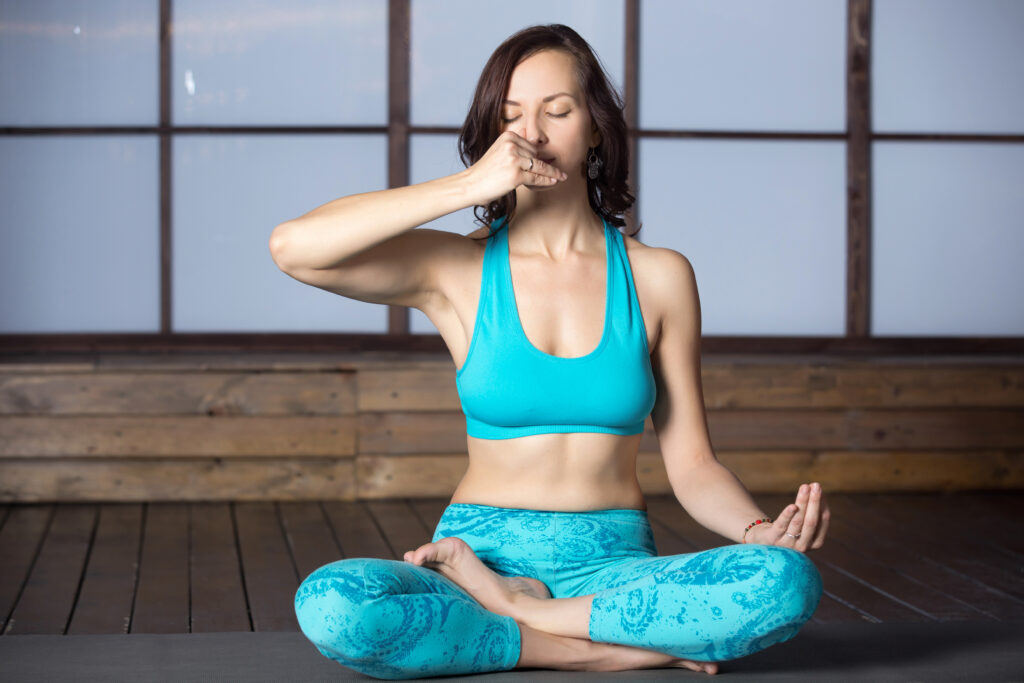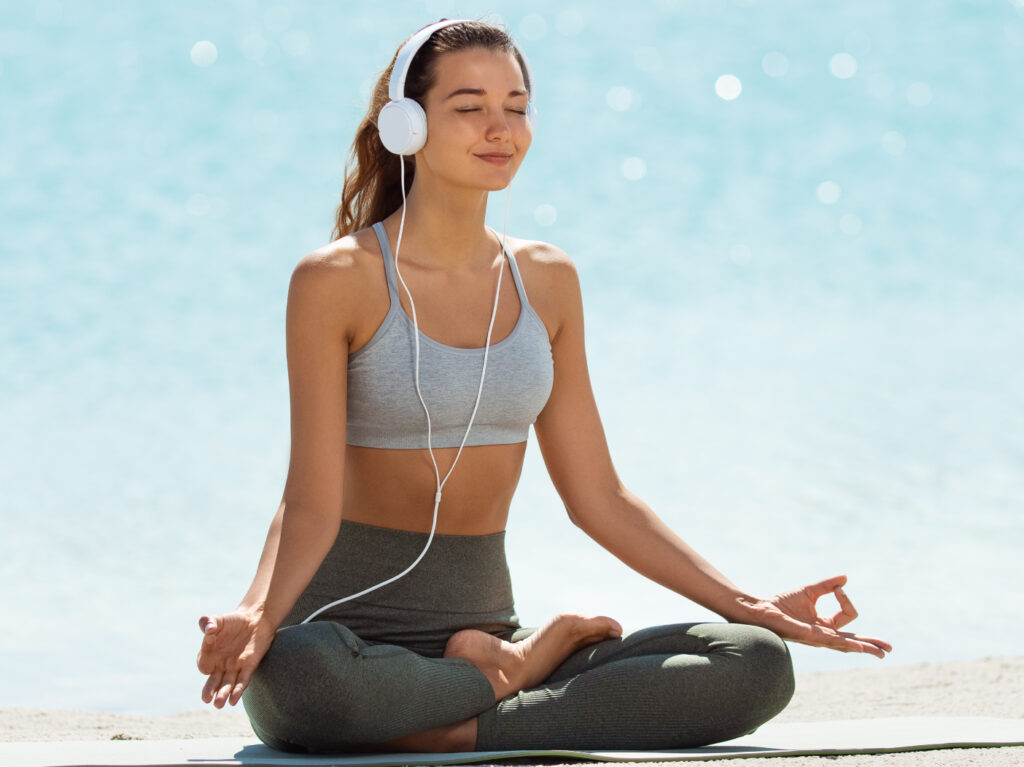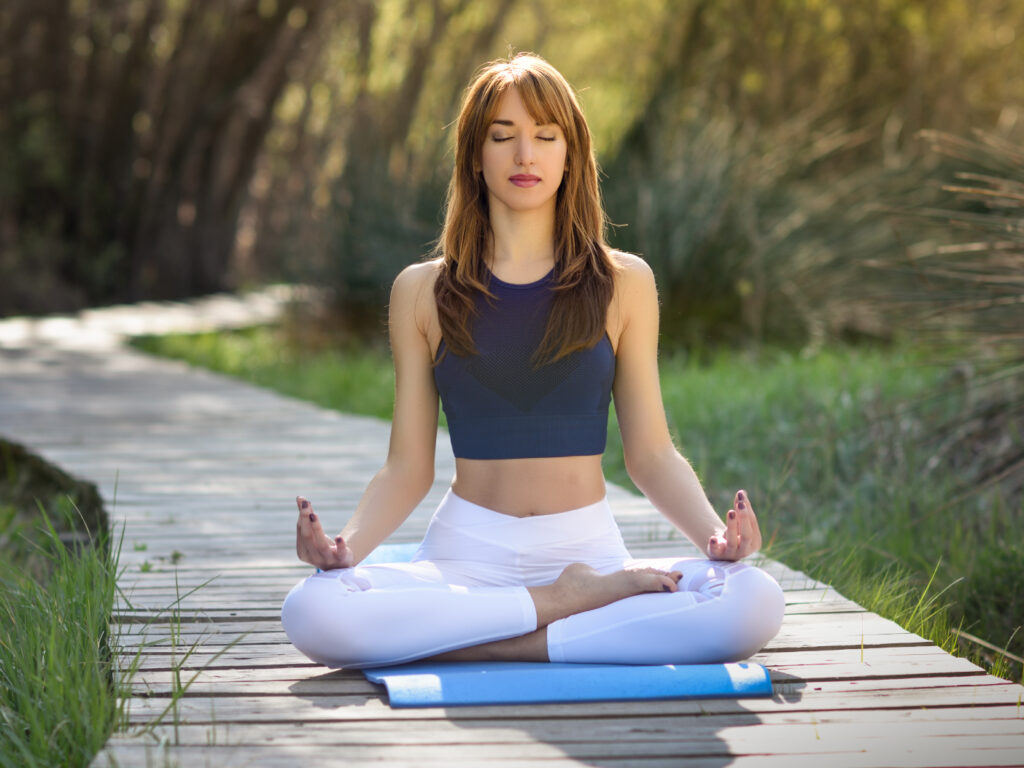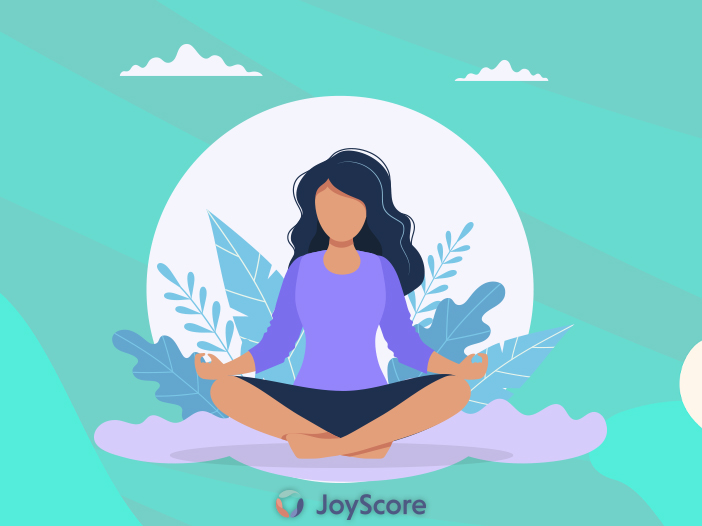It is quite astonishing to know that something as simple as breathing is one of the key elements that keeps us alive and well. It is an involuntary exercise that we do subconsciously and is one of the most basic functions of the human body. However, this basic function is a gigantic regulator of our mental and physical health.
There are much more benefits of proper breathing than we realize. Although many people do not know that while it is a subconscious practice that we do roughly 17,000 to 30,000 times a day, we might not be doing it right.

There are different kinds of proper breathing techniques known to increase fitness and well-being. Breathing techniques are an excellent option for people who can not practice vigorous exercising daily. Jump into the bandwagon to find more about deep breathing exercises and their benefits to the human body.
The process behind breathing
Before we guide you to correct breathing techniques, you first need to understand how the process of breathing works. When you inhale air or “Breathe,” the diaphragm in your body shrinks and moves downwards. This, in turn, gives the lungs extra room to expand and store oxidized air into its air sacs.
Then, The oxygen gets transferred into the bloodstream, and the air sacs store carbon-di-oxide from the bloodstream simultaneously. And then, the unwanted carbon-di-oxide gets expelled from the body as you exhale.
Different breathing techniques
Correct breathing increases oxygen levels in your blood, improving your digestion and keeping the stomach healthy. These exercises also help strengthen your abdominal muscles and provide higher energy levels. Here are some breathing exercises that can help you achieve a healthy and fit lifestyle.
1. Deep breathing
Deep breathing is a basic pranayama exercise that helps you stay healthy for various reasons. Deep breathing is known to increase oxygen levels in the body exponentially and helps keep the stress levels low. It helps prevent shortness of breath and allows more intake of fresh air.
- Sit comfortably with your legs crossed and back supported.
- Take a deep breath through your nose and allow your chest to expand.
- Hold your breath for a few seconds.
- Slowly breathe out through your nose.
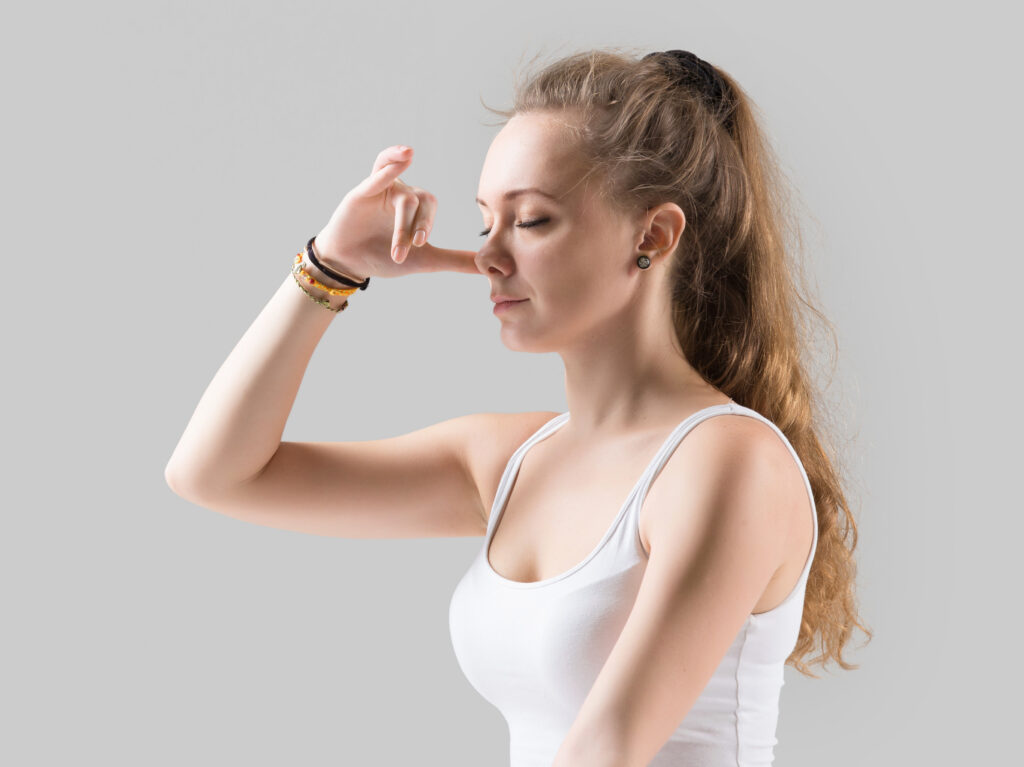
2. Diaphragm breathing
More often than not, many people breathe with the top of their chest. However, according to many professionals and fitness professionals, using your diaphragm for breathing will give you the most results. Especially while working out, practicing correct breathing techniques like diaphragm breathing can boost your energy levels and workout performance.
- Lie on your back comfortably with your knees bent and put your head on a pillow (you can also put a pillow under your knees).
- Place one hand on your chest and another on your stomach, allowing you to sense your diaphragm move as you breathe.
- Breathe in through your nose slowly and feel your hand pressing into your stomach while keeping the other hand perfectly still.
- Exhale through your mouth while tightening your stomach muscles, keeping your upper hand perfectly still.
3. Blowing out candles
Blowing out candles is another proper breathing exercise and is also one of the most popular breathing techniques. This exercise is a great way to keep your stomach in shape and your belly toned. It is a great technique that moves your abs from a neutral position to a concave position. The steps to practice this breathing technique are simple.
- Take a deep breath through your nose.
- Breathe out forcefully as if you are blowing out candles.
Benefits of proper breathing
1. Reduced stress and anxiety
How you breathe is directly correlated with how you feel, your emotions, and stress levels. The connection between mind and body is still a mystery and still baffles medical experts to this day.
However, with many scientific studies, we now know that correct breathing techniques can lead to a calm mind and even uplift your emotions. This is why the essential thing to do while having anxiety or stress is to “take a deep breath.”
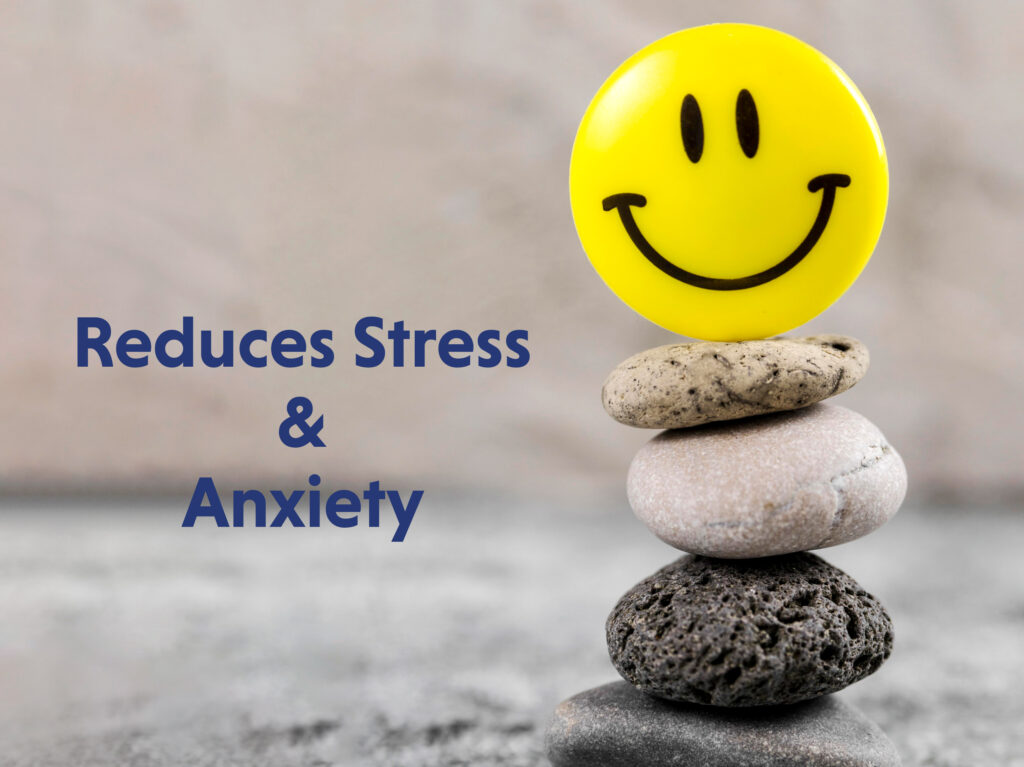
2. Good posture
It seems far-fetched but, correct breathing also helps facilitate a good posture. When we breathe with our chest instead of our abdomen, the neck and shoulder muscles are the ones that are doing most of the work, resulting in bad posture. Not to mention today’s hectic lifestyle, making the situation worse. Deep breathing exercises require us to sit in a comfortable upright position. And, continuous practice of these exercises can help in better posture.
3. Better physical health and performance
Correct breathing is a turning factor in sports and athletics. Whether running, boxing, or football, every sport requires exceptional stamina, endurance, health. Proper deep breathing allows the body to inhale more air at a time and enhances the oxygen percentage in the body. It allows the muscles to have an abundance of oxygen and perform much better.
4. Better sleep
As we know, correct breathing regulates optimal bodily functions, reduces stress, and helps in maintaining the heartbeat. All of these factors lead to a better and improved sleep cycle. Stress and blood pressure problems are some of the major reasons for diseases like insomnia. Proper breathing calms the mind and releases tension which improves your sleep.

4. Improves cognitive skills
A study found out that mindful breathing enables the brain to release more endorphins, creating a sense of calm and natural well-being. This, in turn, enhances the cognitive capabilities of the individual and improves concentration and focus. It allows the brain to grasp new concepts quickly and makes learning easy.
Every organ in our bodies relies on oxygen. From digestion to neural functions, every process needs the exchange of oxygen and carbon-di-oxide to function properly. Correct breathing can allow a greater sense of mental clarity, help you sleep better, facilitate digestion, enhance your immune system, and reduce anxiety levels.
You can learn more about breathing and practice from a pool of breathing techniques with our Joyscore app. Download the app to have your guide for your meditation and fitness goals.




